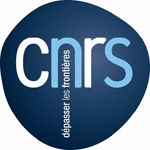Partenaires
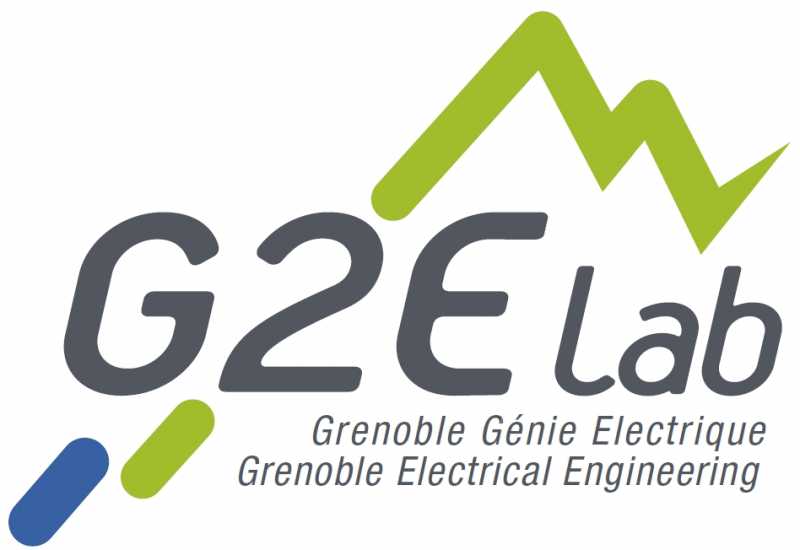
|
G2Elab
|
|
Le G2Elab couvre un large spectre de compétences dans le domaine de la Recherche en Génie Électrique. Dans ce domaine, son action
peut être résumée par les mots-clefs suivants : énergie électrique, matériaux, procédés et systèmes innovants, modélisation et conception. Les
travaux développés vont des recherches de base « amont », jusqu'au domaine « aval » avec une forte implication dans des collaborations avec des
acteurs du secteur socio-économique. Avec plus de 100 personnels permanents, 110 doctorants et 50 masters, G2Elab s'impose dans ces domaines
comme un acteur majeur au niveau national et international.
|

|
COMUE UGA
|
|
La Communauté d’Universités et Établissements (COMUE) « Communauté Université Grenoble Alpes » est la structure qui
fédère les établissements d’enseignement supérieur et les organismes de recherche de l’académie de Grenoble dont le périmètre s’étend sur
l’ensemble du sillon alpin, de Valence à Annecy.
|
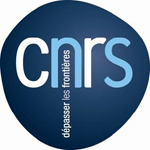
|
CNRS
|
|
Le Centre national de la recherche scientifique est un organisme public de recherche (Établissement public à caractère
scientifique et technologique, placé sous la tutelle du Ministère de l'Éducation nationale, de l'Enseignement supérieur et de la Recherche).
Il produit du savoir et met ce savoir au service de la société.
|
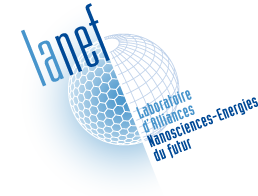
|
LANEF
|
|
LANEF is a "Laboratoire d’Excellence" that associates five fundamental research labs based in Grenoble: Institut Néel,
INAC, G2ELab, LNCMI and LPMMC. It coordinates 740 scientists, engineers, technicians, and 400 PhD students and postdocs, in condensed matter,
nanosciences, and electrical engineering. LANEF identifies and supports common objectives shared by these labs to address challenges in the
domain of nanosciences, energies for the future and nanosensors for healthcare. It enhances synergies across the research teams, and deepens
connections with R&D partners. Its strategic funding actions allow the acquisition of specific equipment and offer new opportunities for student
and high-level scientists to join this vibrant scientific community.
|

|
Institut Carnot Energies du Futur
|
|
L’institut Carnot Énergies du Futur fait partie du réseau des Carnot. Ce label Carnot est mis en place par l’état pour
développer la recherche partenariale. Énergies du Futur regroupe quatre établissements partenaires qui couvrent à eux-seuls la quasi-totalité des
recherches dans le domaine des nouvelles technologies de l’énergie à Grenoble : Grenoble INP, le CEA-Liten, l’UJF et le CNRS.
|

|
SEEDS
|
|
Le Groupement de Recherche SEEDS (Systèmes d'Energie Electrique dans leur Dimension Sociétale) fédère les laboratoires et
équipes académiques de génie électrique (du CNRS, du Ministère de la Recherche, et d'autres organismes de recherche); il entretient par ailleurs
des liens étroits avec les communautés scientifiques concernées par les problématiques de la génération, de la distribution, de la transformation
et de l'usage de l'énergie électrique ainsi que par les matériaux, méthodes et technologies qui concourent à la réalisation de dispositifs et
systèmes électriques performants, sûrs et respectueux de l'environnement.
|
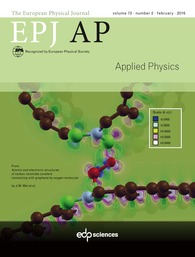
|
The European Physical Journal Applied Physics
|
|
EPJ AP is an international journal devoted to the promotion of the recent progresses in all fields of applied physics,
from magnetism, plasmas and semiconductors to the structure and properties of matter.
|

|
European Journal of Electrical Engineering
|
|
With 6 issues per year, regularly published since 1998, the European Journal of Electrical Engineering (EJEE) – called
Revue Internationale de Genie Electrique (RIGE) at the beginning – publishes original papers in English in the area of electrical engineering and
their applications, with a particular interest in power systems. The list of topics covered by this journal is: design, control and diagnosis of
power electronics and electrical machines, drives, magnetic and dielectric materials, distributed generation, energy storage, micro-grid,
renewable energy, automotive and aircraft applications… The selection maintains its quality level, by a process based, as previously, on two
independent and anonymous referees. Some issues contain regular papers, some others propose special issues in domains which are actually deeply
modified by the use of electricity.
|
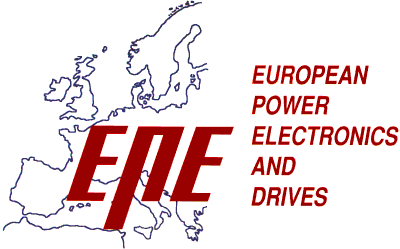
|
European Power Electronics and Drives
|
|
The European Journal on Power Electronics and Electrical Drives - EPE Journal Up to now the bi-annual conference has been
the only link between people interested in the EPE activities. Creation of an Association means the creation of a permanent and alive connection
between the members. The best way to do this is the publication of a Journal. The scope of the EPE Journal is to supply all experts in the field
of power electronics and drives, especially the EPE members - with the most recent information on the rapid evolution in the field of Power
Electronics, Drives and Industrial Applications. This information must be of good level but take into account that it must interest most of the
readers. The journal wants to attract contributions from scientists but also and probably mainly the contributions of those who are designing and
producing power electronics systems and those involved with the applications of those systems in industrial processes. The role of Power
Electronics as a field will be emphasized and every effort will be developed to disembed it from more general names such as Electrical
Engineering, Computer science, Automatic Control, etc.. In addition to the author's contributions, information will be supplied on new products,
industrial realizations, firm portraits, EPE-Association's life, contacts with international bodies and in particular with EC, agenda.
|
|


